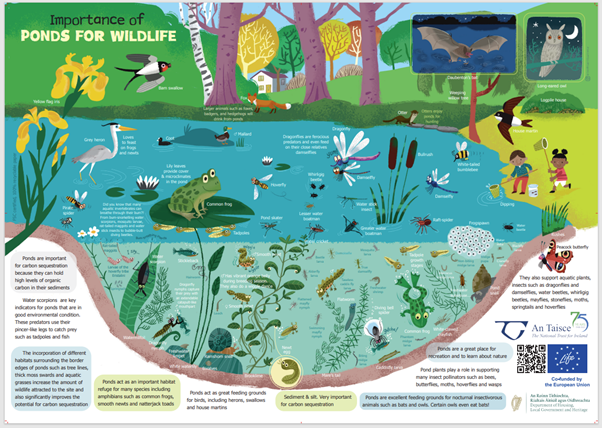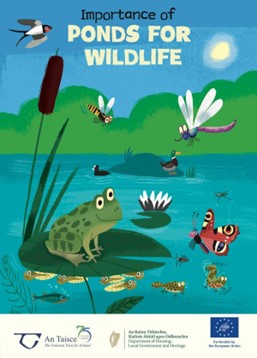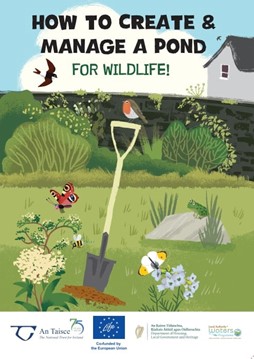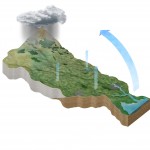The 41st Annual IAH Irish Group Groundwater Conference Catchment Science…
An Taisce: ‘The Irish Pond Manual: a guide to the creation and management of ponds’
An Taisce have developed a suite of resources to support the creation and management of ponds across Ireland—highlighting their vital role in reversing biodiversity loss, improving water quality, and enhancing climate resilience.
An Taisce’s Legacy4LIFE project recently finished work on its ‘Ponds for Biodiversity’ project. This project worked to enhance public awareness and community consciousness about the value of these small wetland habitats for biodiversity, water quality and climate adaptation. It also worked to create guides for those interested in building their own pond.
Ponds are extraordinary reservoirs of biodiversity and have a critical role as Ireland faces significant biodiversity loss. Over 50% of Ireland’s amphibian wetlands have been lost to drainage, industrial peat extraction, pollution, and natural senescence in the past 100 years. Of the 12,200 small, enclosed water bodies across Ireland, 8,000 are less than a hectare in extent and the smallest categories have been subject to the greatest pressures.

Ponds have been demonstrated to host more biodiversity than rivers and lakes, particularly macroinvertebrates and less common species (two-thirds of all freshwater species!). Permanent and naturally vegetated ponds are excellent at carbon sequestration (Gilbert et al., 2014). Taylor et al. (2019) found that small ponds sequestered 20-30 times the amount of carbon compared with woodlands, grasslands and other habitats.


An Taisce’s project worked to:
- establish a network of local authorities and other bodies who understand the value of ponds, and commit to protecting/creating ponds on public lands
- create a set of demonstration sites across Ireland which demonstrate to practitioners and policy makers how ponds can help to mitigate and adapt to the effects of climate change
- ascertain the status of recent pond initiatives
- establish an ‘adopt a pond’ network of citizen scientists/community groups to monitor and manage the newly created ponds, or existing ponds. Information to be fed back to the National Biodiversity Centre
- disseminate the project’s results to policy makers, practitioners, and other stakeholders
- engage individuals to establish ponds in their gardens, with clear guidance and tips, and a portal to enter their pond location, potential for awards for the most ‘pond-friendly’ town/county in Ireland
- build capacity within Ireland for pond expertise, and operators skilled in pond creation.
Learn more
View and download all resources here: www.antaisce.org/ponds-for-biodiversity-resources
EPA Report: Freshwater Biodiversity in the Irish Agricultural Landscape: The Significance of Ponds | Environmental Protection Agency and summary of findings







